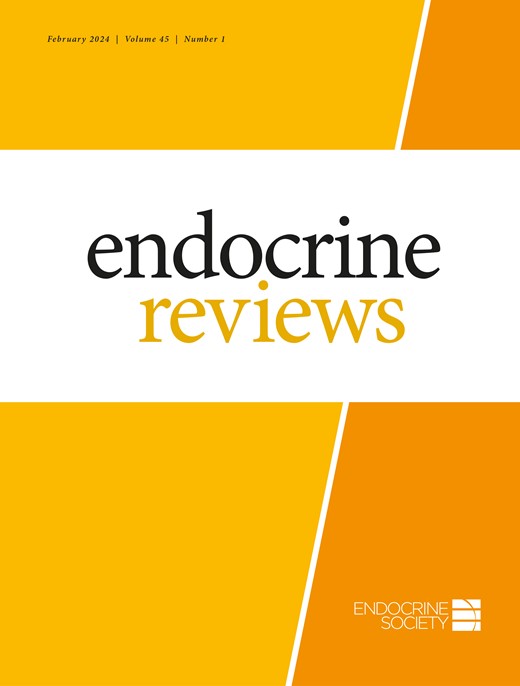Immune checkpoint inhibitors in high-grade gastroenteropancreatic neuroendocrine neoplasms.
IF 22
1区 医学
Q1 ENDOCRINOLOGY & METABOLISM
引用次数: 0
Abstract
High-grade gastroenteropancreatic (GEP) neuroendocrine neoplasms (HG-NENs) comprise both highly proliferating well-differentiated NENs, called grade 3 NE tumors, NETs) and poorly differentiated NENs (also named NE carcinomas, NECs). The clinical management of these neoplasms poses unique challenges, and, while platinum plus etoposide is the first-line therapy in advanced setting of NECs, this is not the optimal regimen in G3 NETs in which other chemotherapy schemes, targeted agents and somatostatin analogues have shown to be active. However, overall response rates and clinical benefit are not satisfactory. Interestingly, HG-NENs may be a more suitable target for ICIs than low-grade NENs, because of their higher tumor mutational burden (TMB), increased PD-1 expression, probable increased PD-L1 expression and higher immune infiltration of tumor microenvironment. With these premises, few clinical trials have investigated the efficacy and safety of immune checkpoints inhibitors (ICIs) in HG GEP NENs. With our work we aimed to provide a comprehensive overview of the available literature data about ICIs' role in HG GEPNENs, by analyzing the critical points regarding study population, study design, study results, and potential useful biomarkers for selecting HG-GEP-NENs patients for ICI therapy.免疫检查点抑制剂在高级别胃肠胰神经内分泌肿瘤中的应用。
高级别胃肠胰(GEP)神经内分泌肿瘤(HG-NENs)包括高增殖的高分化的NENs,称为3级NE肿瘤(NETs)和低分化的NENs(也称为NE癌,NECs)。这些肿瘤的临床管理面临着独特的挑战,虽然铂加依托泊苷是晚期nec的一线治疗方案,但这并不是G3 NETs的最佳方案,其他化疗方案、靶向药物和生长抑素类似物已显示出活性。然而,总体有效率和临床获益并不令人满意。有趣的是,HG-NENs可能比低级别NENs更适合作为ICIs的靶点,因为它们的肿瘤突变负担(TMB)更高,PD-1表达增加,PD-L1表达可能增加,肿瘤微环境的免疫浸润更高。在这些前提下,很少有临床试验研究免疫检查点抑制剂(ICIs)在HG GEP NENs中的有效性和安全性。在我们的工作中,我们旨在通过分析研究人群、研究设计、研究结果和选择HG- gep - nens患者进行ICI治疗的潜在有用生物标志物的关键点,全面概述有关ICI在HG- gep - nens中的作用的现有文献数据。
本文章由计算机程序翻译,如有差异,请以英文原文为准。
求助全文
约1分钟内获得全文
求助全文
来源期刊

Endocrine reviews
医学-内分泌学与代谢
CiteScore
42.00
自引率
1.00%
发文量
29
期刊介绍:
Endocrine Reviews, published bimonthly, features concise timely reviews updating key mechanistic and clinical concepts, alongside comprehensive, authoritative articles covering both experimental and clinical endocrinology themes. The journal considers topics informing clinical practice based on emerging and established evidence from clinical research. It also reviews advances in endocrine science stemming from studies in cell biology, immunology, pharmacology, genetics, molecular biology, neuroscience, reproductive medicine, and pediatric endocrinology.
 求助内容:
求助内容: 应助结果提醒方式:
应助结果提醒方式:


